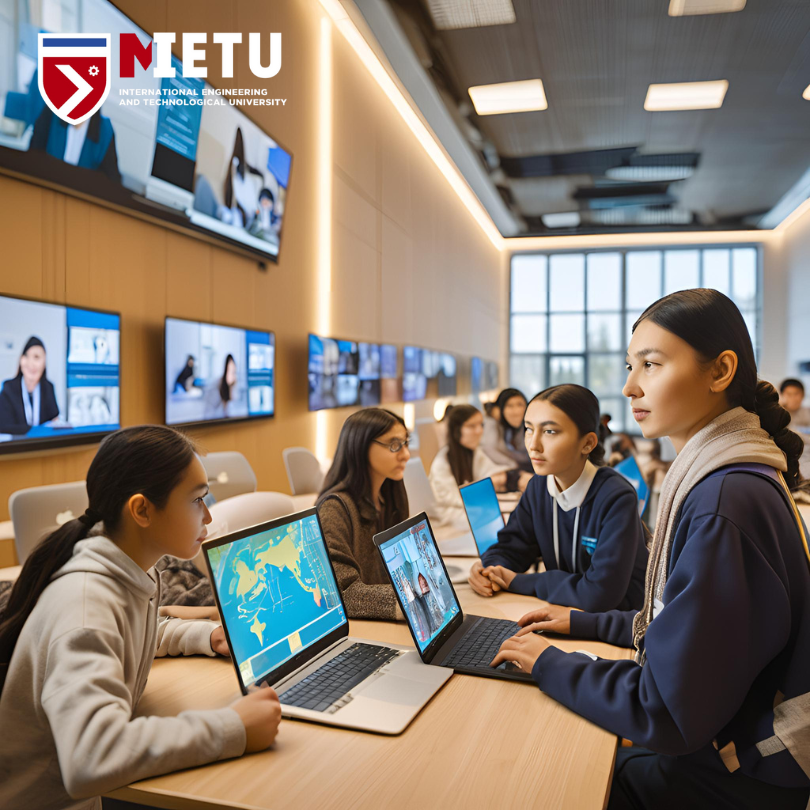The role of non-formal learning in the higher education system of Kazakhstan
In the modern world, where
information and technology are rapidly developing, traditional teaching methods
are becoming insufficient to prepare students for professional activities. In
this context, non-formal education is becoming very important in higher
education system of Kazakhstan. It is an additional source of knowledge and
skills that students receive outside the classroom, independently or in the
process of interacting with professional environment.
One of the key advantages of
informal learning is flexibility. Students can learn new skills and knowledge
through online courses, workshops, conferences, internships and other practical
forms of learning. This helps them adapt to a rapidly changing job market and
develop important competencies such as critical thinking, communication and
leadership.
Moreover, informal learning
contributes to personal development of students, strengthening their
self-confidence and motivation for self-improvement. It is essential to note
that in Kazakhstan, many universities, including International Engineering and
Technological University (METU), actively integrate elements of informal
learning into educational process, which helps students to be more prepared for
challenges of real professional life.
Non-formal education completes
traditional methods of higher education, expanding students` opportunities for
comprehensive development and successful careers in the future.

